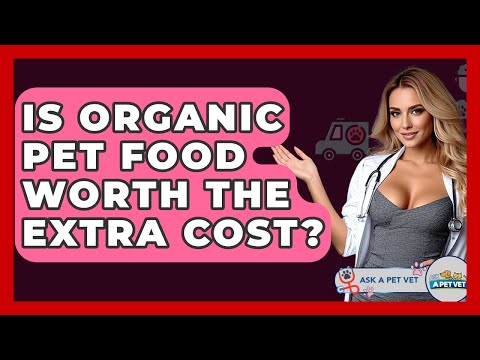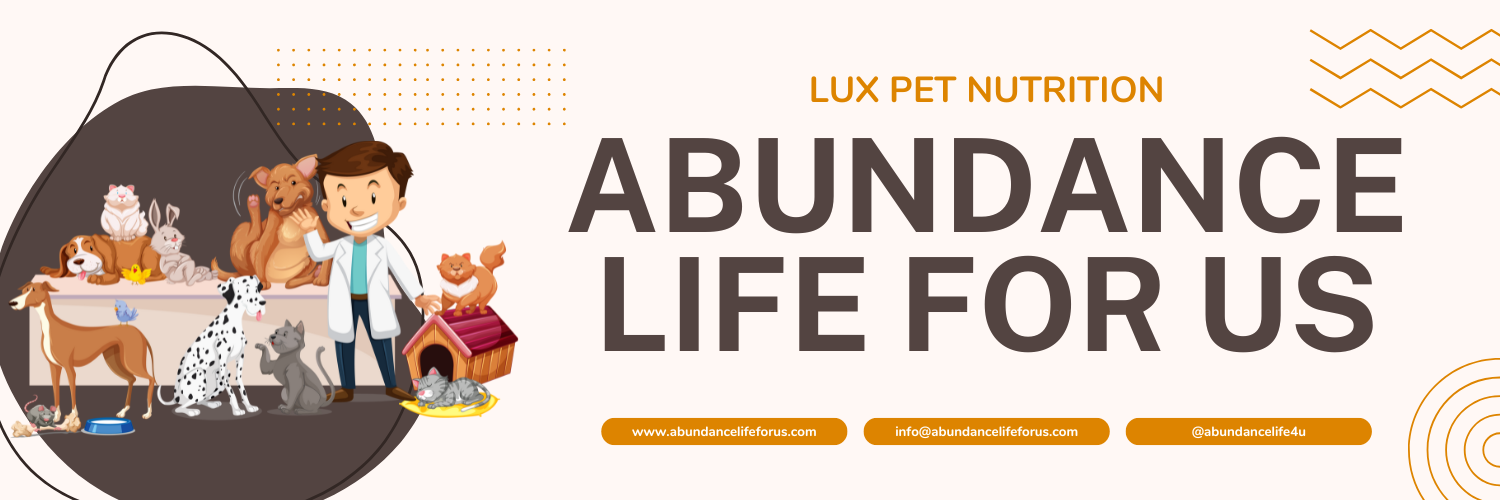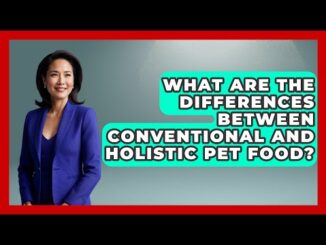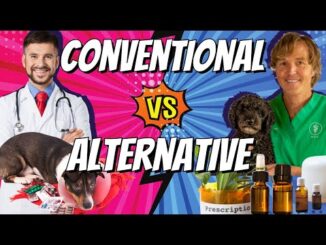
Is Organic Pet Food Worth The Extra Cost? Are you curious about the world of organic pet food and its potential benefits for your furry companions? In this informative video, we will break down the key differences between organic and conventional pet food. We’ll discuss the production standards that organic pet food must meet, including the absence of synthetic pesticides, fertilizers, and genetically modified organisms.
We will also explore the quality of ingredients commonly found in organic pet foods, such as hormone-free meats and organic fruits and vegetables. These ingredients may offer a more natural nutrient profile, which can be beneficial for your pet’s overall health. Additionally, we’ll touch on safety and quality standards associated with organic pet foods and how they can potentially reduce the risk of contaminants.
However, we’ll also highlight that the nutritional advantages of organic pet food compared to high-quality conventional options may not be as significant as some might think. Cost is another important factor, as organic options can be considerably more expensive.
Join us as we navigate the various aspects of organic pet food and help you make an informed decision for your pet’s diet. Don’t forget to subscribe to our channel for more helpful information about pet care and nutrition!
⬇️ Subscribe to our channel for more valuable insights.
🔗Subscribe:
#OrganicPetFood #PetNutrition #HealthyPets #PetCare #VeterinaryAdvice #PetFoodChoices #PetHealth #SustainablePetFood #FoodAllergies #PetWellness #QualityIngredients #PetDiet #HolisticPetCare #PetOwners #PetFoodSafety
About Us: Welcome to Ask A Pet Vet, your trusted source for all things pet care! This channel is dedicated to providing pet owners with essential information to keep their furry companions healthy and happy. Here, you’ll find expert advice from a licensed veterinarian, covering a variety of topics including nutrition, common health concerns, behavioral tips, and preventative care. Whether you have a dog, cat, or other small animals, our goal is to help you navigate the world of animal care with confidence. The content provided is for general informational and educational purposes only. It is not intended to substitute for professional medical advice, diagnosis, or treatment. Never disregard professional medical advice or delay seeking it because of something you have seen in this content. Never rely on this information in place of consulting with qualified healthcare professionals. The creators and distributors of this content are not responsible for any adverse effects or consequences resulting from the use of any suggestions, preparations, or procedures described in this material. Always consult with your healthcare provider before starting any new health-related practice or program.



Be the first to comment